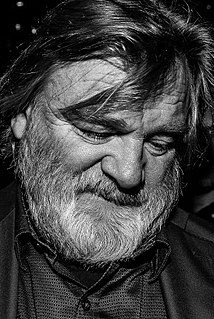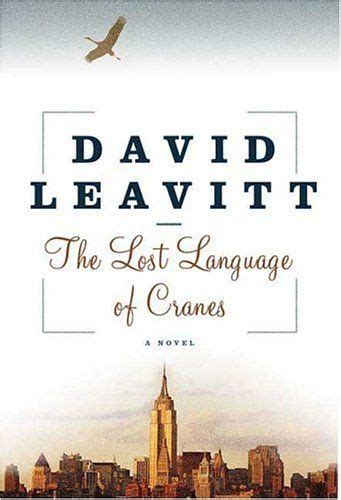A Quote by Stephen King
A lot of fairy tales are thinly disguised hostility raps against parents. Kids know that they can't make it on their own, that if they were left alone, they would die.
Related Quotes
Kids know they can't make it alone, yet at the same time, built into each one of us, is a survival ethic. It says, "Nobody cares and you have to look out for yourself and if you don't, you'll die." These two things work against each other. I think most kids are very frightened of their parents, and that's what all fairy tales reflect: Parents will fail you and you'll be left on your own. But, of course, everything comes out right in the end and the parents take you back.
[Fairy tales] are like a journey to the woods and the many ways you can get lost. Some people say it's not a good idea to read fairy tales to anyone under the age of eight because they are brutal and raw. When I was a kid I often felt that kids's books were speaking down to me, but I never felt that way about fairy tales. They are bloody and scary, but so is life.
I get a lot of parents coming up to me, telling me they are grooming their kids to be professional athletes. I'm really against that. I think it's a great life, and yeah, you can lead them in that direction. I think a lot of parents live their lives through the kids. Because they didn't make it, they want their kids to make it. It puts a lot of undue pressure on the kids.
I did translations of Grimms' Fairy Tales and became very charmed about that way of looking at things. Fairy tales tell a lot of truths. Just as a side point, for instance, we always think the bad guys in fairy tales are the stepmothers, who are witches. But where are the fathers when the witches are killing and mishandling their children? Away. They are on a business trip. They are hunting, they are away. Wow, you know! No one says the fathers are the bad guys! It's one of the things you don't say. But my goodness, where are they?
Though now we think of fairy tales as stories intended for very young children, this is a relatively modern idea. In the oral tradition, magical stories were enjoyed by listeners young and old alike, while literary fairy tales (including most of the tales that are best known today) were published primarily for adult readers until the 19th century.
Boys like romantic [fairy] tales; but babies like realistic tales - because they find them romantic...This proves that even nursery tales only echo an almost prenatal leap of interest and amazement. These tales say that apples were golden only to refresh the forgotten moment when we found that they were green. They make rivers run with wine only to make us remember, for one wild moment, that they run with water.

































